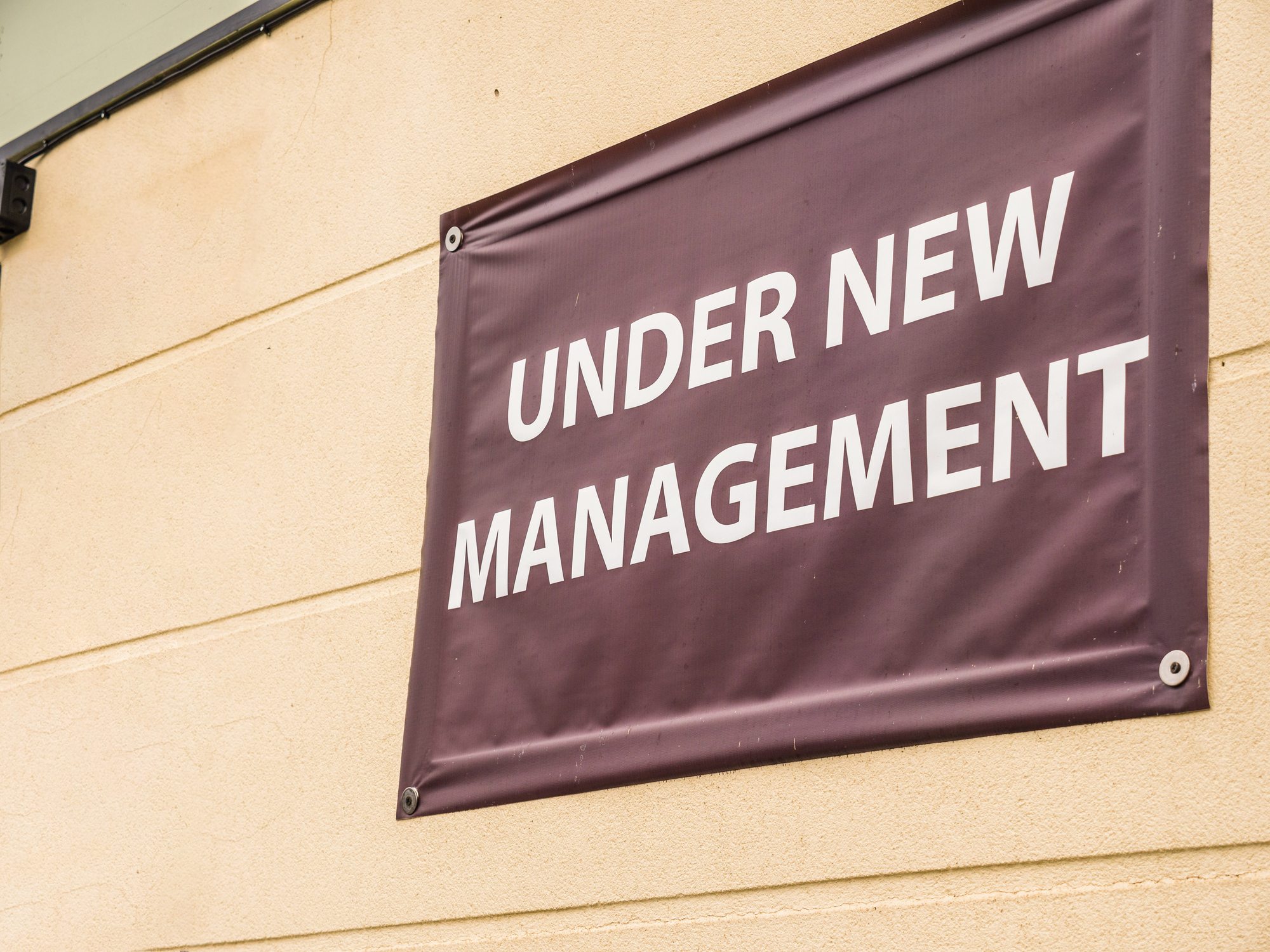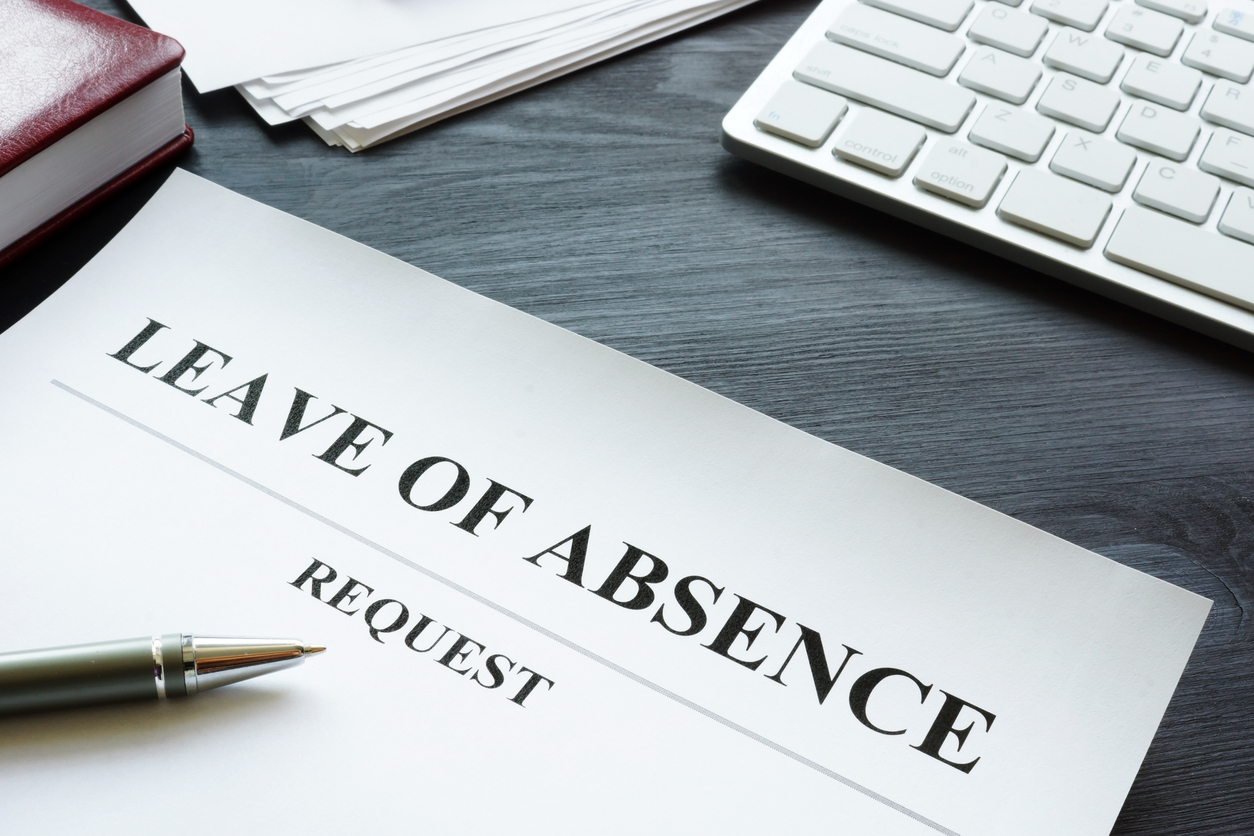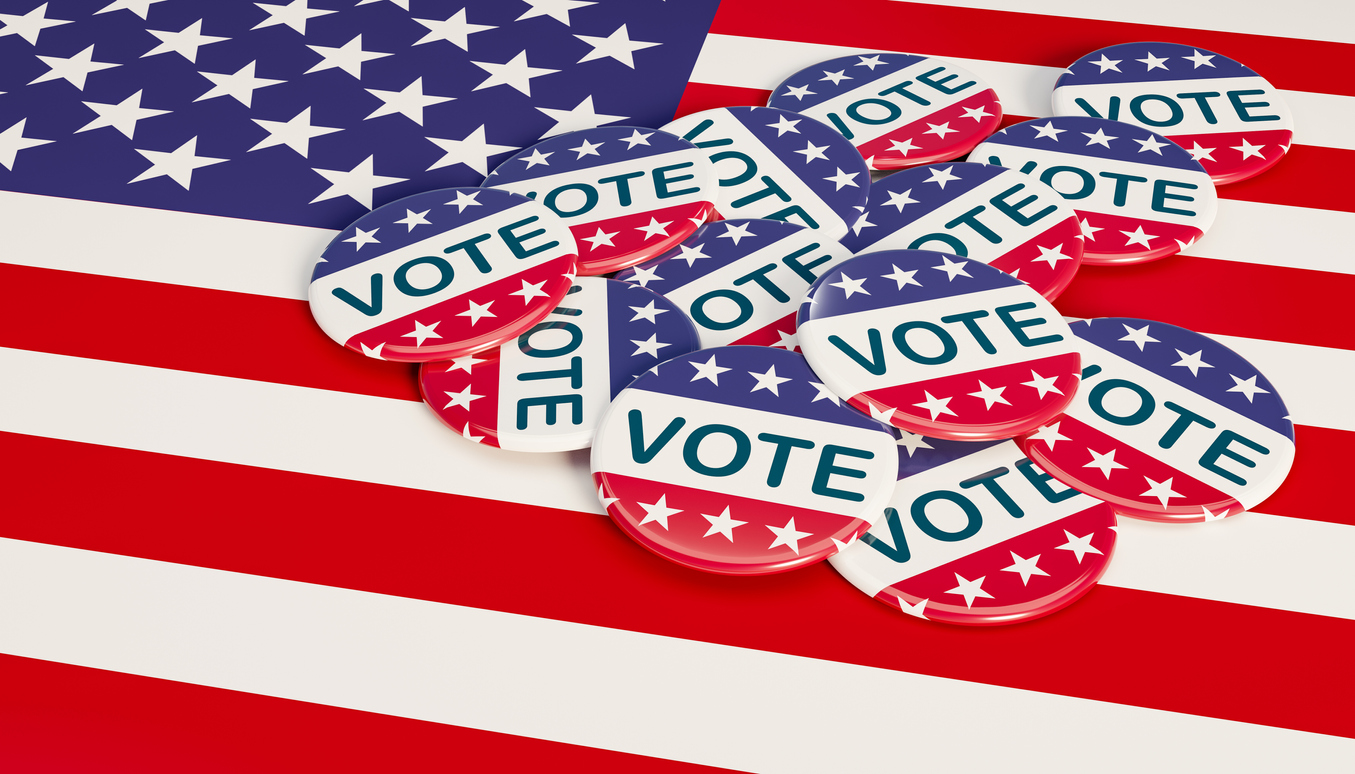
Industries and people the world over are rethinking how they operate, live, and do business in the wake of COVID-19. American political conventions, a niche but iconic industry, have had to rethink how they operate. In keeping with their brands, both the Democratic Party and the Republican Party have gone about addressing COVID-19 concerns in vastly different ways.
Republican National Convention
The Republican Party will now hold its 2020 Republican National Convention (RNC) from August 24-27. For the first time, the RNC will be in two different states: North Carolina and Florida. After just one day of party business in Charlotte, NC, the convention will transition to Jacksonville, FL, for the official nominations of President Donald Trump and Vice President Mike Pence.
Initially, the RNC was supposed to spend all four days in Charlotte and create an anticipated economic impact of injecting more than $150 million into the local economy and attracting upwards of 50,000 people. Now, supposedly due to COVID concerns, approximately 336 Republican delegates will conduct the official business of the convention in Charlotte on Monday, August 24, while the other 2,000 or so delegates will be joined in Jacksonville for the more ceremonial and celebratory events, such as speeches.
This shift in the RNC came after North Carolina Governor Roy Cooper said he could not guarantee that full attendance would be allowed in Charlotte’s Spectrum Center due to pandemic concerns. Notably, North Carolina has experienced a spike in COVID-19 cases in June, with a single-day high of 915 new cases on June 23.
Democratic National Convention
Originally scheduled for July, COVID-19 has caused Democratic Party leaders to push the Democratic National Convention (DNC) to August 17-20. While the DNC will still take place in Milwaukee, Wisconsin, Democratic planners are adjusting to provide more space to enable social distancing and to move many aspects of the DNC online. Democratic leaders have made it clear that they are actively working with local officials to follow the state’s safety guidelines around gatherings, even if that includes a scaled-down convention. Political commentators have said that much of this is to mirror the presumptive Democratic nominee Joe Biden’s approach to public health experts during the pandemic and show that the Democratic party is serious about the crisis.
However, unlike the RNC, it remains unclear how the DNC will highlight events like the nominee’s acceptance speech and how many delegates and party leaders will attend. All the convention’s official business — setting its rules, adopting a platform and formally nominating Mr. Biden and his running mate — will be conducted remotely. Watchers do not expect an auditorium. Plans for a virtual convention held via live-streamed speeches and video conferencing software. DNC officials expect to announce more information about convention plans before the end of June.
The DNC will be a scaled-back convention with a smaller local economic impact than previously expected.
Future of Political Conventions
Pundits, reporters, and political theorists have jumped on the revisions to both the Republican and Democratic conventions to highlight what they see as the superfluous spectacle of the modern political convention.
Critics of the modern convention in the age of connectivity and technology such as Lis Smith, the spokesperson for Pete Buttigieg, have called political conventions “outdated” and “expensive” events that do not accomplish their purported objectives like they used to. Previously, conventions provided the essential service of facilitating the party’s communication and nominating process.
Emphasizing the modern political conventions lack of purpose Karen Hult, the chair of the Center for Public Administration & Policy in Virginia Tech’s School of Public & International Affairs, notes that suspense over the presidential nominee has been relatively rare leading into party conventions, since at least the 1950s.
Additionally, amid the global pandemic and with modern means of communication and information transfer, many see these political processes as needing to be updated with the times. Some state and municipal parties are already taking the initiative to move their 2020 conventions online. Perhaps, as virtual and remote conferencing and convention technology continues to improve, digital conventions will become as routine as in-person conventions are now.
Latest News
In this episode of the Back in Session podcast, hosts Ryan Stevens and Ryan DeMara sit down with Terra McClelland, President of the State Government Affairs Council (SGAC) and Vice President of Government and External [...]
Photo credit: iStock.com/yevtony Last week, the National Governors Association (NGA) elected Utah Governor Spencer Cox (R) as its new Chair and Colorado Governor Jared Polis (D) as NGA Vice Chair. Cox succeeds New Jersey Governor [...]
Photo credit: iStock.com/designer491 Various kinds of leave exist for workers, such as family leave, sick leave, parental leave, and vacation leave. In addition to these more traditional types of leave, after the Covid-19 pandemic, state [...]
Photo credit: iStock.com/Torsten Asmus Texas voters have already submitted their ballots for the 2022 primary election. More states have their primary elections on the horizon. With the 2022 primary election season nearly upon us, many [...]






Stay In Touch